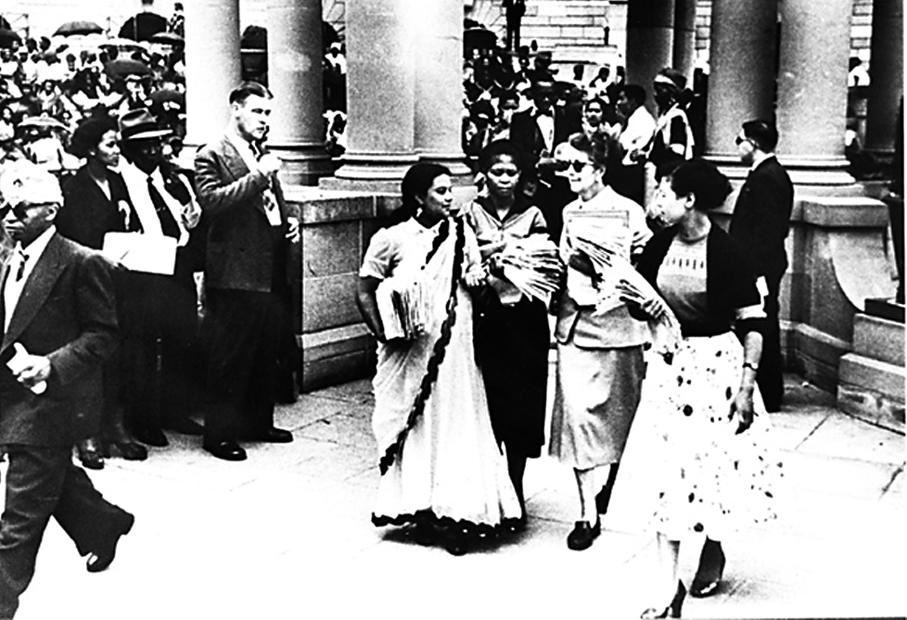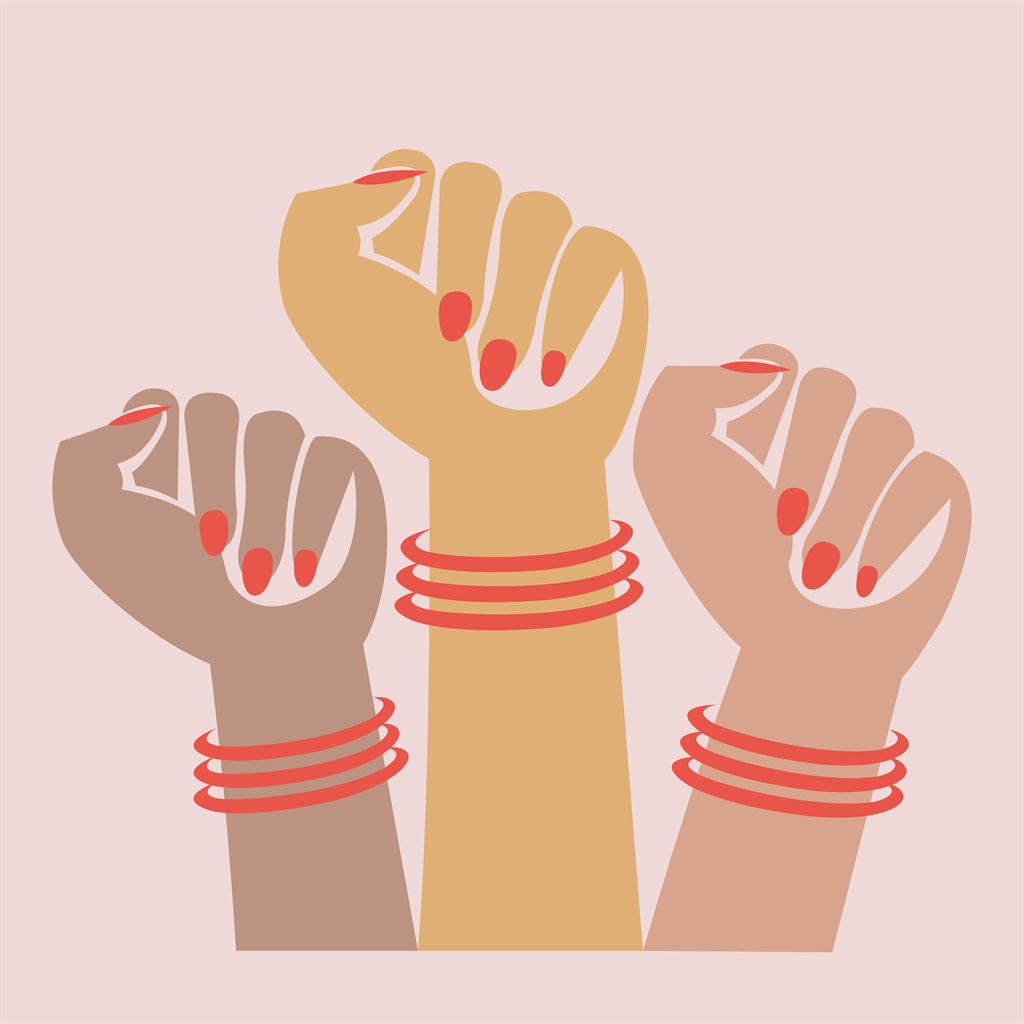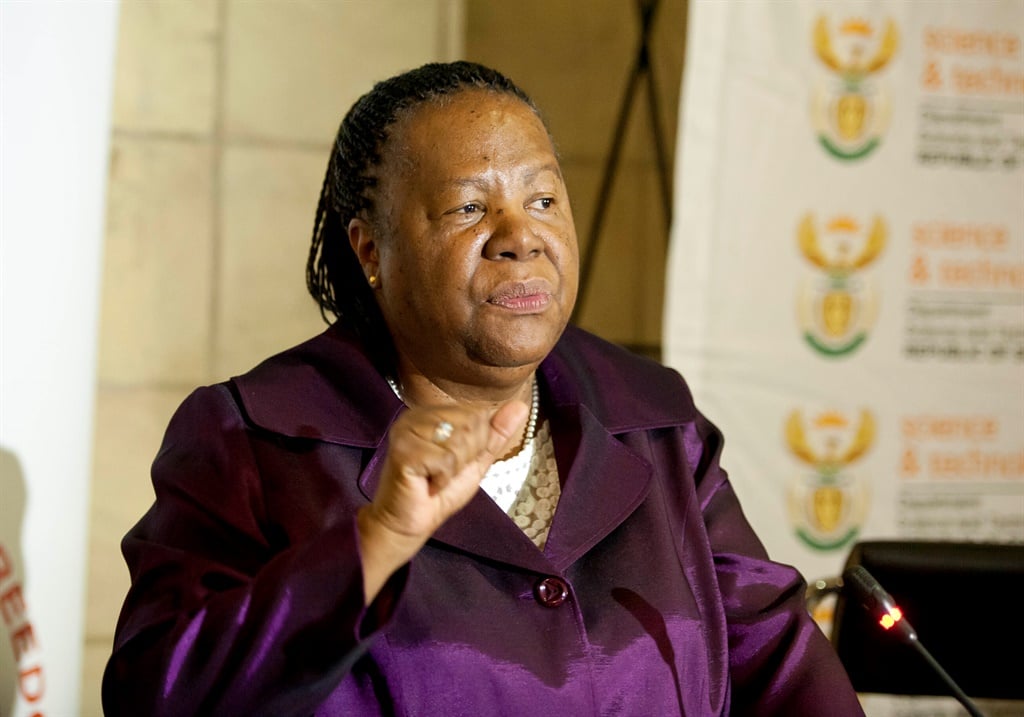
The women’s movement across all spheres of SA has weakened. We are nonthreatening to the status quo and that needs to change
A seminar here. An exhibition there. Public talks and recycled speeches. “Strength!” “Power!” “Enough!” “Down with that!” “Wathint’ abafazi, wathint’ imbokodo!”
So goes the tune and character of Women’s Month.
So acculturated are we to its routines that we unwittingly reproduce our institutions and worlds with every event, every chant, every word – every August.
And this is how we die.
In contrast to the threat posed to state powers by the women of 1956, the contemporary establishment has nothing to fear from the women’s movement of today, which consists of fragmented organisations and individuals – defenceless against the routine of Women’s Month, and the everyday call of machines in offices yearning for women to give up the struggle.
The cause is not one thing over another. It is our collective refusal to confront – and fear of confronting – the sources of the fragmentation.
We cower before the backlash of the cultures of discrimination across all institutions and organisations, which makes them impossible to transform from within.
At the global political economy level, our government has made important gains for gender equality in policy and legislation.
Recognition and protection of women’s rights is a key distinguishing factor of the country’s constitutional model among its global counterparts.
Political power has shifted from nation states to the global economy.
Consequently, the global reliance on technocratic instruments in processes of democracy has resulted in a significant weakening of the mobilising power of women’s organisations and activists.
Most feminists’ involvement with the state on policy development is market-oriented, involving service-level and performance agreements.
In politics and government, feminists are underrepresented and rarely have sufficient power to challenge the inherently sexist structures.
In civil society, women’s organisations largely focus on marketing themselves as professionals and consultants, mainly as a result of the research capacity and funding required to produce “expert” policy.
Civil society does not trust the state and often overlooks, undermines, alienates and disempowers feminist advances in government. In the legislature, party loyalty has steadily taken precedence over constituency-building and coalitions that challenge and shift the status quo.
This is a significant shift from the first cohort of women parliamentarians who were strong activists and had connections with the broader women’s movement through the Women’s National Coalition.
In the judiciary, South Africa ranks as one of the worst in the world regarding the abuse of women, with the International Bar Association reporting that almost half the profession’s women have been sexually harassed and many more bullied.
The women’s movement across all spheres is weakened. Yet each August – as if we knew not that 1956 was a rebellion, a defiance, a daring – we are nonthreatening to the status quo.
But one August, we will have to face up to our collective debt to the women of 1956.
Woman politicians will have to search for comrades outside their parties.
International Relations Minister Naledi Pandor will have to be reimagined as comrade, sister, mother to the first protester who threw an empty bottle at her when she, instead of the president, appeared at the Total Shutdown march last August.
National Freedom Party founder Zanele kaMagwaza-Msibi will re-emerge as the fierce warrior who braved and conquered the entrenched sexism of the KwaZulu-Natal populace.
EFF MP Primrose Sonti would reappear as the voice of the women of Marikana and beyond.
Women’s civil society organisations will have to draw lines between their donors and the people they claim to represent.
White liberal feminists will have to reconsider race and racism, class and privilege.
Some may cry and shout, but the layers of intersecting historical oppressions reproduced in organisations will have to be laid bare.
This is not to minimise the importance of calling attention to the issues women confront, such as violence, marginalisation and objectification from men.
But, on reflection, we may begin to see Women’s Month as a shrine reveals itself to a believer.
Clarity of struggle will permeate. Tools will be sharpened and alliances built. The true meaning of 1956, and the value of a united women’s force, will be acknowledged.
Academics and musicians will write and sing about woman politicians, who, in turn, will conspire with women’s organisations to challenge sexism in their parties.
In families and intimate spaces, we will have to reintroduce ourselves as rebel women.
Common struggle will trump difference. A revolutionary politic of feminist love and resistance will permeate.
Striking a woman will be akin to striking a rock and Women’s Month will cease to kill us. This is the legacy of 1956.
The women’s movement must be a threat, a disruption, a menace to the system.
But the problem of being free to fight the way you want is a serious one when you are fighting in the gaze of benevolence.
- Ntuli is a doctoral candidate at the University of Cape Town, a public servant and a feminist activist
Has the movement to assert the rights of women lost its potency? How has an annual day for women affected the movement?
SMS us on 35697 using the keyword WOMEN and tell us what you think. Please include your name and province. SMSes cost R1.50. By participating, you agree to receive occasional marketing material




 Publications
Publications
 Partners
Partners











